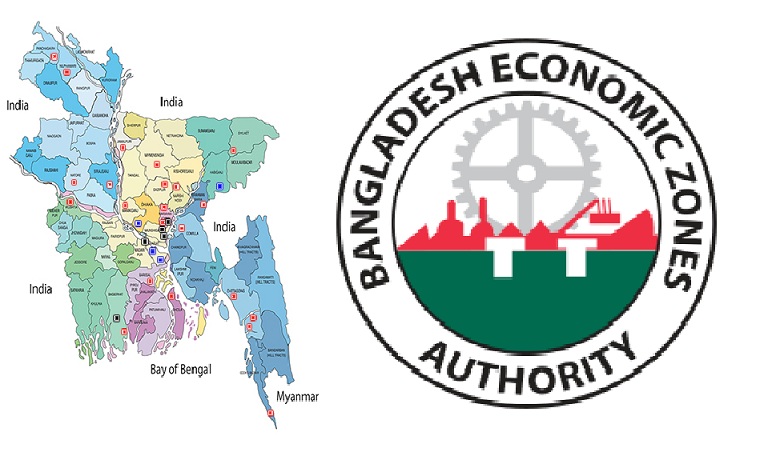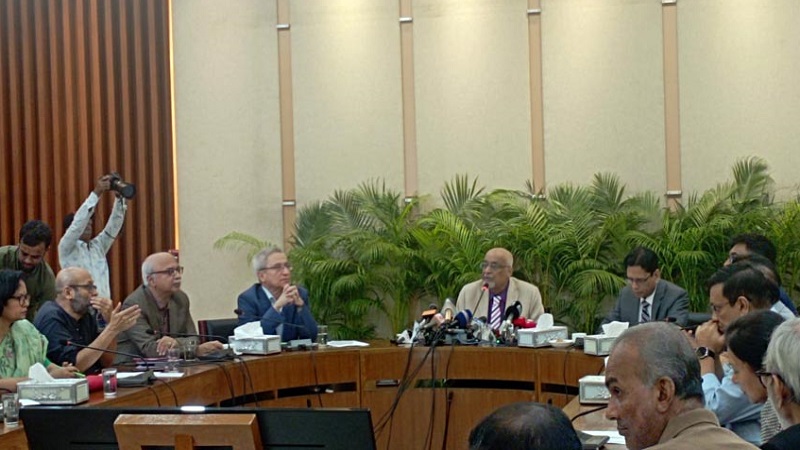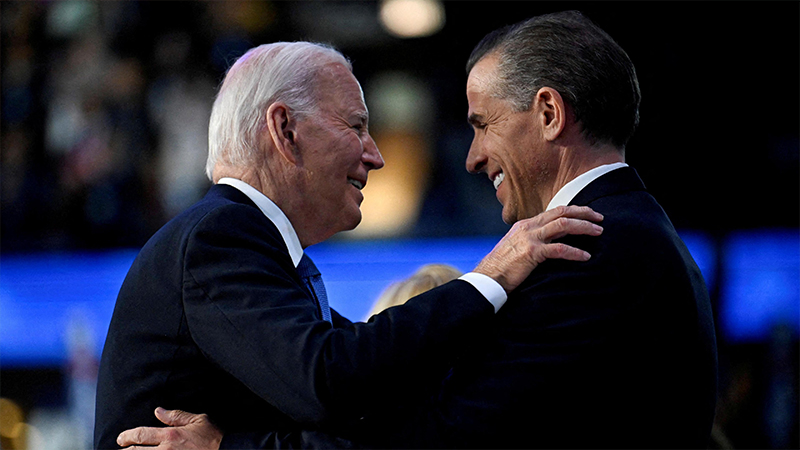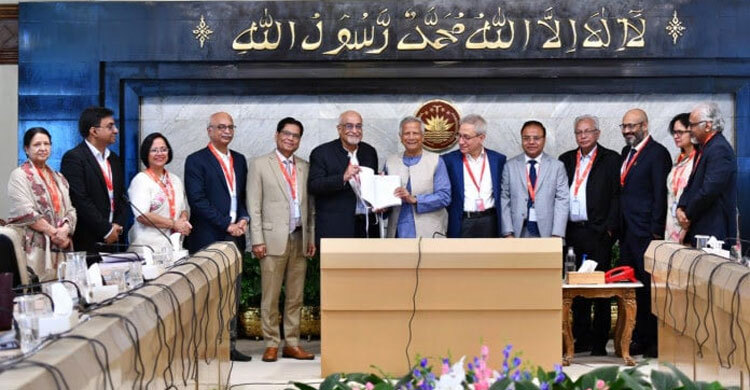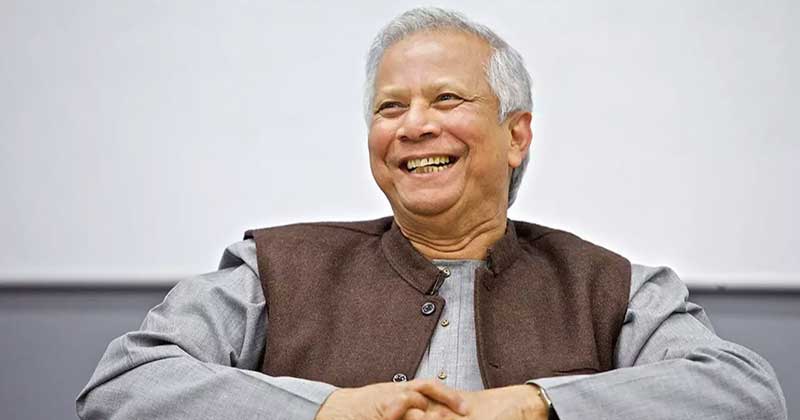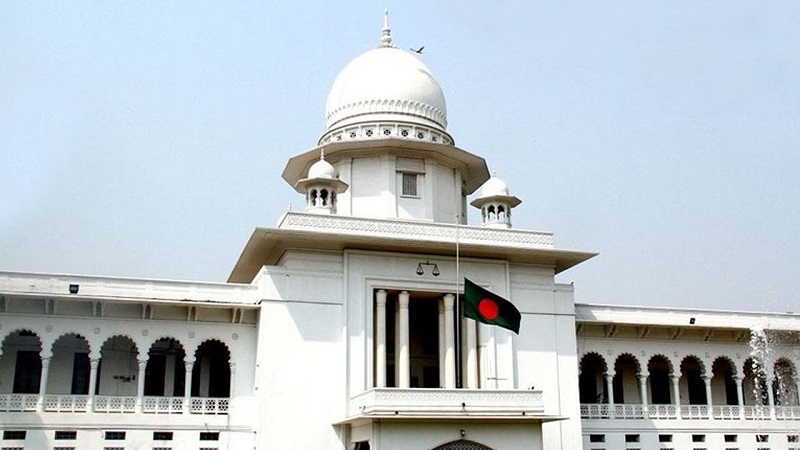A deviation in the government's duty and VAT policies coupled with a lack of easy access to bank loans is threatening the investment prospects in the Government Economic Zones (GEZs) that are expected to create over six million new jobs in Bangladesh.
Over two dozens local business conglomerates who invested in the GEZs expressed concerns over the newly imposed VAT on lease rent, a set of new complexities limiting access to bank loans and uncertainty over the continuation of privileges offered to the investors at the time of investing.
In a letter to the Prime Minister's Office (PMO), the business conglomerates appealed for the PMO's intervention to address the challenges and obstacles faced by the investors.
The letter drew attention to the new government policies affecting investment flow into the economic zones and jeopardizing the potential for creating millions of jobs in the country.
The Bangladesh Economic Zones Authority (BEZA), the agency implementing the government's plan to establish 100 economic zones across the country, has already received investment proposals of around $20 billion from local and international investors.
However, local investors said they have lost their confidence after receiving letters from BEZA on a settled VAT issue, which will unexpectedly increase their investment cost in the EZ projects.
"Furthermore, we are also keen to enjoy the tax holiday as provided for industrial units regardless of the type of products manufactured in the EZs," said the investors in the letter, adding that they are also facing an indefinite delay in handing over of plots by BEZA.
There are also uncertainties over obtaining facilities that have already been promised, the letter adds.
"Without the necessary infrastructures and utilities, it will be impossible for us to even start setting up our industries in the Economic Zones, let alone going into commercial production," it said.
Sheikh Fazle Fahim, President of Federation of Bangladesh Chambers of Commerce & Industries (FBCCI), said transparent, predictable and consistent policy is a must to promote investment in the economic zones.
"The FBCCI always support legitimate demands of the business community," he said.
Policy deviation causes unforeseen VAT burden for investors
Investors have voiced their concern over the 15 per cent VAT on lease rent at various EZs - the decision was not communicated at the time of investing in lease rental.
Though there is a general obligation to pay VAT on commercial leasing, VAT demanded by BEZA falls within the exception of 'VAT on Commercial Leasing' under a previous SRO (Statutory Regulatory Order) issued by the government.
The investors said the SRO explicitly states the 'leasing of factory or plant by the VAT registered manufacturing entity' as VAT-exempted services.
The investors in EZs, being VAT-registered manufacturing entities, will solely use the leasehold properties for setting up factories.
"Therefore, the lease rental payment will not attract VAT within the purview of the exemption as provided under the above-mentioned circulars," reads the letter with a request for an immediate withdrawal of such VAT.
At the time of investment in the EZs, it was made clear to the investors that regardless of the type of industries set up in EZs, they will enjoy a Corporate Income Tax Holiday for a period up to 10 years from the commencement of business.
Therefore, the investors requested that the government should not change any privilege accorded to the investors based on any category of products to be produced in the EZs.
Rather, the government should introduce new incentives from time to time to encourage new investment without withdrawing the existing incentives, the investors suggest.
As per the Clause 24 of the Land Lease Agreement executed between BEZA and the investors, there is no bar in mortgaging the land, but at the time of default or at the time of transfer to the third party for any default, it will depend on the discretion of BEZA to allow the transfer.
Also, the banks and non-bank financial institutions (NBFIs) are reluctant to extend credit facility without a NOC (no objection certificate) from BEZA. Some of the banks and NBFIs don't approve loans due to confusions in the wording of the land lease agreement and uncertainty over BEZA's role in approving any future transfers.
Complexity in bank loan facility worries investors
The local investors also appealed to Bangladesh Bank (BB) to issue specific guidelines and directives to banks and NBFIs for simplifying the process for disbursing loans to industrial units operating in the EZs.
They recommended amending the format of lease agreements to allow the banks and NBFI, in case of default by any borrower, to freely transfer the mortgaged land to third parties.
Fearing of change in the incentive policies during the tenure of the investments, the investors also urged the government not to withdraw any incentives or impose any additional direct and indirect tax obligation on the investors after the investors decided to invest based on the incentive policy.
Contravention of this will not only create confidence loss on part of the investors but also prejudicially affect the financial viability of the investment, the letter to the PMO reads.
The investors also said with the huge industrialisation expansion expected in Mirsharai Economic Zone, the Chattogram Port will not be able to meet the needs.
"Therefore, Port work should start before asking for the balance payment of the land lease," they said.
They also expressed concerns over the delay in the installation of the promised utility services such as power supply, gas supply, water supply, road connectivity in the EZs.
Policy consistency sought to help restore confidence "We have already applied to the PMO to make the policies transparent so that our investment becomes sustainable," said DBL Managing Director MA Jabber.
Jabber said he has already planned to establish three industrial units to generate around 10,000 new jobs.
DBL Group has already received natural gas and electricity connections to operate the industries in Sylhet Economic Zone, he said.
"But double taxation of holding company and single-point borrowing limit is now discouraging me in investing in the ventures," said the MD of DBL, which employs around 30,000 people in its 24 enterprises.
The major EZ investors have been facing a liquidity crisis as the leaseholders fail to receive the credit due to a lack of policy support, he said.
"The intervention of the Prime Minister's Office (PMO) or Bangladesh Bank (BB) circular is a must to ensure easy credit facility for leaseholders in the EZs. Otherwise, the government's one-stop services for investor don't bring any real benefit," he opined.
Call to tap into opportunities created by Covid-19
The Covid-19 crisis has created a lot of opportunities for Bangladesh as foreign investors have been allowed to invest in backward linkage industries here, DBL Managing Director MA Jabber said, adding that this is the right time to take the right decision for boosting industrialisation in the country.
Vietnam, Indonesia and even India are working to create a better environment for investment, he said
"If we fail to avail the opportunity, Bangladesh will fall lag behind from industrialisation" he added.
He said the single borrowing limit (SBL) from offshore is a major barrier to large investment in Bangladesh, which is why banks like HSBC is now unwilling to lend money to investors.
Saying double taxation for holding company is another barrier, he said they are talking about the matter but there has not been any response from any government agencies regarding the issue.
"Due to these two major obstacles, country's financial policy has been suffered and the government should pay attention in solving the problems for the sake of investment and employment generation," the DBL Managing Director said. "We might not get the opportunity created by the Covid-19 after six months. We have to act fast,"
He said his company has already created 30,000 jobs and another 10,000 new jobs will be created in his three new ventures in the EZ.
BEZA Chairman Paban Chowdhury also expressed disappointment over the deviation in policies.
"We should concentrate on risk management through the introduction of different incentive and fiscal measures to boost private sector investment," he said.
The country's private sector investment has nearly halved in the immediate past fiscal due to Covid-19 crisis, he said. "The government should introduce lucrative incentive packages for the private sector to increase the investment and create jobs."


